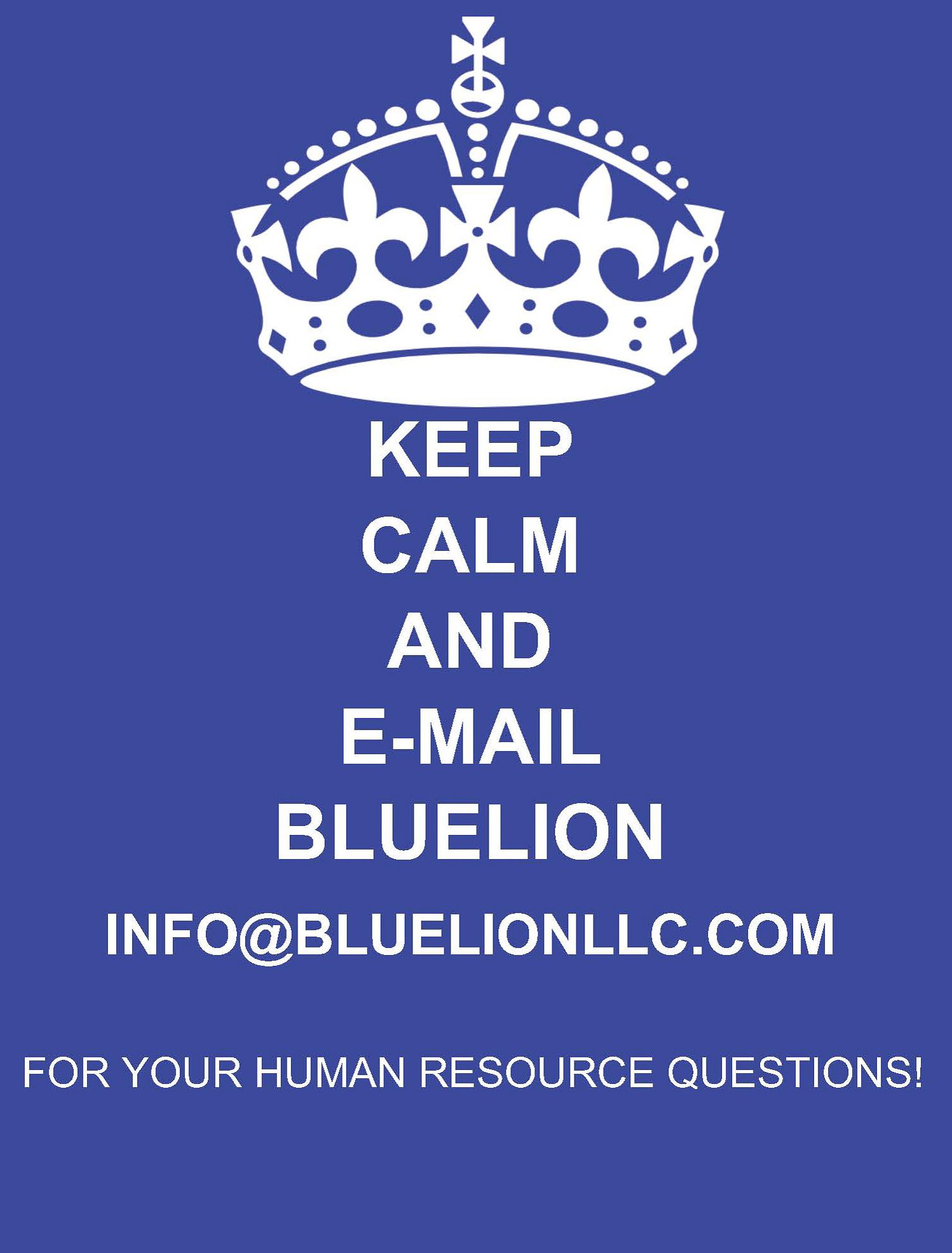
For businesses forced to pause operations and their employees who are indefinitely jobless, now is a stressful time. A few weeks ago, however, the government announced the emergency unemployment benefits provisions of the Coronavirus Aid, Relief, and Economic Security (CARES) Act.
What is the CARES Act? This $2.2 trillion initiative is meant to help struggling businesses and individuals during the coronavirus pandemic. The legislation includes three unemployment programs in order to provide assistance to more workers than ever before. We’re here to break down each program and the benefits for both employers and employees.
Check out our latest video update below, where we answer rapid-fire questions for a quick rundown of the current unemployment benefits. Be sure to keep on reading to learn exactly what is included, who is covered, and how individuals should apply.
CARES Act Fast Facts:
- The CARES Act provides an additional $600 per week in unemployment benefits.
- It also extends eligibility for unemployment benefits by up to an additional 13 weeks.
- Employees cannot simply refuse to return to work to keep collecting unemployment.
Federal Pandemic Unemployment Compensation (FPUC)
The Federal Pandemic Unemployment Compensation (FPUC) program provides eligible individuals with an extra $600 a week in benefits. Yes, this is on top of the standard state-allowed rate—and yes, it is possible for employees to make more money on unemployment than they did in their regular paycheck.
Who is Eligible?
- Anyone who receives unemployment benefits from the state may receive the additional $600 per week.
- People who do not qualify for an underlying benefit are not eligible for FPUC benefits.
- The additional $600 is payable through the unemployment benefit week ending on or before July 31.
The big BUT here? A person cannot simply decide to stay home and keep collecting unemployment if their employer is operational and has work for the employee. If an employee refuses to return to work, this is a form of resignation and they will NOT be eligible for unemployment benefits.
Pandemic Emergency Unemployment Compensation (PEUC)
The CARES Act also includes the Pandemic Emergrency Unemployment Compensation (PEUC) program, which provides up to 13 additional weeks of federally funded unemployment benefits to those who qualify.
Who is Eligible?
These expanded benefits are available to people who:
- Have exhausted all rights to regular compensation under federal or state law for a benefit year ending on or after July 1, 2019.
- Are not eligible for regular compensation for the week in question under any other federal or state unemployment compensation law, or for compensation under any other federal law.
- Are not receiving compensation for the week in question under the unemployment benefit laws of Canada.
- Are able and available to work and actively seeking work. (Note: States must offer flexibility on the “actively seeking work” requirement when there are COVID-19-related constraints.)
The good news for employers: The state cannot charge you for the PEUC benefits you pay because these benefits are fully funded by the federal government.
Pandemic Unemployment Assistance (PUA)
The unprecedented Pandemic Unemployment Assistance (PUA) program provides unemployment benefits to independent contractors, gig workers, and the self-employed. Those who are eligible for PUA are also entitled to the $600 a week under the FPUC program.
Unemployment benefits are only available when gig workers are “forced to suspend operations.” Those who choose to stay home because they are older or in another vulnerable group may not be eligible for unemployment benefits unless they have proof that a medical professional advised them to stay home.
How to Apply for CARES Act Benefits
Are your employees looking for guidance on how to apply for the CARES Act unemployment benefits?
Advise them to contact the unemployment office of the state in which they work as soon as possible to file a claim. They will first need to be approved to receive regular state benefits. The easiest way to do this is by visiting the Department of Labor’s Unemployment Benefits Finder to search for your state’s website.
Eligible people will receive the extra $600 a week from the federal program, but the underlying state benefits vary by location. Individuals must also keep applying for unemployment every week because the state wants to verify that the claimant did not work the previous week. Many states, like New Hampshire, are setting designated times for people to file their claims. Make sure you check your unemployment office’s website to find out your time range.
We highly recommend signing up for direct deposit, which is much faster than mailed checks. Those who haven’t received their first payment yet should not worry, as unemployment offices have been inundated with claims. People should continue applying weekly for their benefits and remain patient.
Offering COVID-19 Assistance & Resources
Although you may find yourself in a difficult position as a business owner during this time, there are still ways you can help your employees and ensure your company is set up for future success. We’ll continue sharing updates on COVID-19 legislation as they are released, so keep checking the BlueLion blog. You can also read our guides on the Emergency Paid Sick Leave and Expanded Family Care Leave policies.
If you’re a small business owner, take advantage of our FREE services on COVID-19-related issues. Feel free to call us at 603-818-4131 or email us at info@bluelionllc.com.
The information on this website, including its newsletters, is not, nor is it intended to be legal advice. You should contact an attorney or HR specialist for advice on your individual situation.




